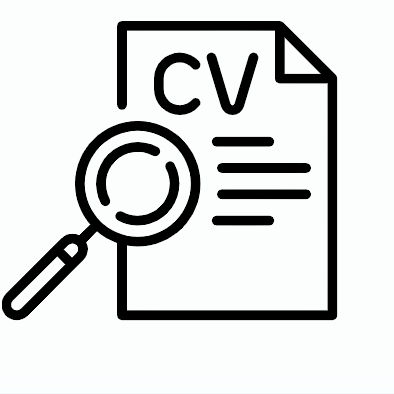
Michael Carter is a Professor in the Department of Mechanical and Industrial Engineering at the University of Toronto and Founding Director of the Centre for Healthcare Engineering (in 2009). Since 1989, his research focus has been in the area of health care resource modeling. He was the winner of the Annual Practice Prize from the Canadian Operational Research Society (CORS) four times (1988, 1992, 1996 and 2009). In 2000, he received the CORS Award of Merit for lifetime contributions to Canadian Operational Research. He is on the editorial board for the journals “Health Care Management Science”, “Operations Research for Health Care”, “Health Systems” and “IISE Transactions on Healthcare Systems”. He is an Adjunct Scientist with the Institute for Clinical Evaluative Sciences in Toronto (www.ices.on.ca) and a member of the Faculty Advisory Council for the University of Toronto Chapter of the Institute for Healthcare Improvement (IHI). He is member of the Professional Engineers of Ontario. In 2012, he was inducted as a Fellow of the Canadian Academy of Engineering and in 2013, he was inducted as a Fellow of INFORMS, the international society for Operations Research and Management Science. In 2018, he became a Fellow of the Canadian Academy of Health Sciences. In 2019, he won the Northrup Frye Award for Teaching Excellence from the University of Toronto Alumni Association.

How Can We Make a Real Difference in Healthcare? The Challenges of Implementation
Most of us who work in OR applications in healthcare are frustrated by the fact that planners, managers and decision makers do not seem to be suitably impressed with the mathematical beauty of our models. The literature abounds with hundreds of application papers; but when we take a closer look, few of them describe implementation. The problems in the healthcare industry are generally very similar to corresponding problems in any other sector. Hospitals have staffing issues, budget constraints, purchasing decisions, scheduling, planning, etc. The differences are subtle and often related to the culture. Over the years, I have encountered many challenges and I have been able to design approaches to deal with many of them. A few years ago, I was asked to pick the five top challenges. I can easily rattle off thirty, but selecting five was itself a challenge. In this talk, I will outline my perception of the major hurdles, provide a few examples and discuss strategies for overcoming them.
